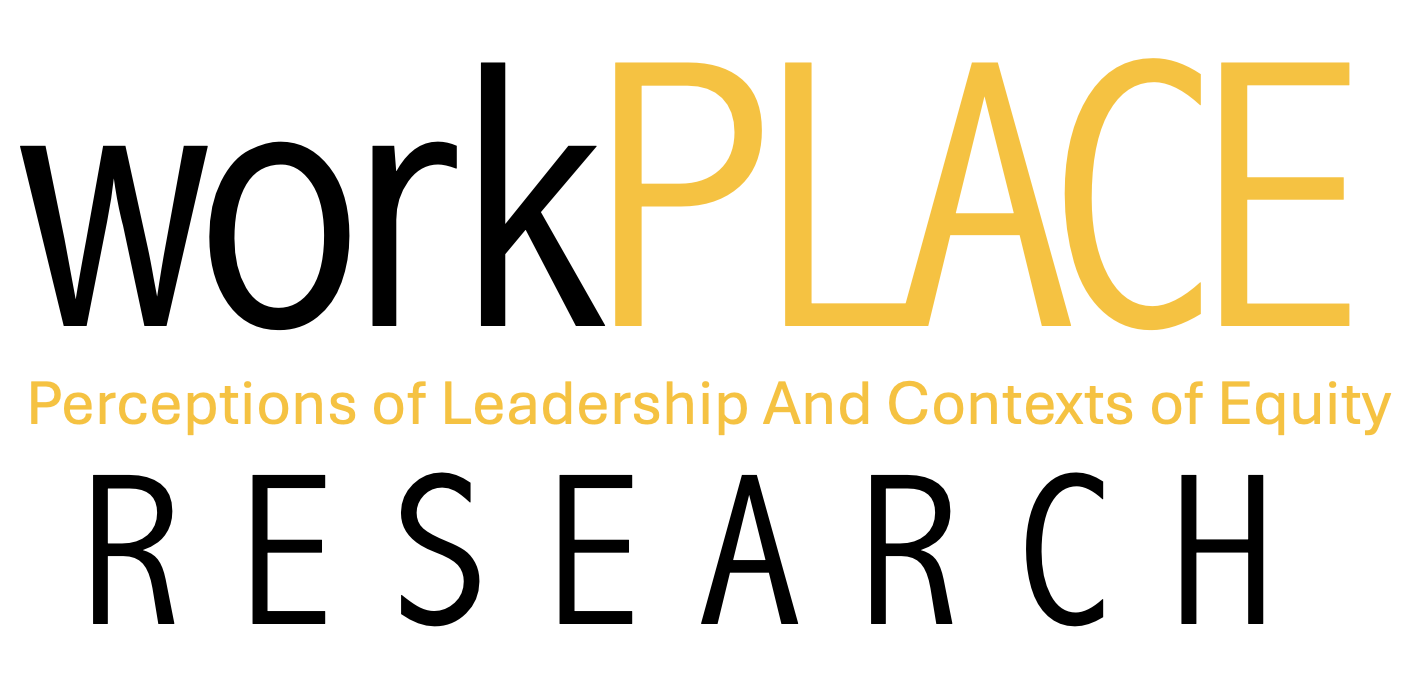Research at workPLACE Lab
Receiving Help in the Workplace
Our research examines how receiving help in professional settings can shape perceptions of competence, independence, and leadership potential. While help can be supportive, it can also unintentionally signal weakness or dependency, especially for women. We study when help boosts collaboration and when it undermines perceptions of ability in workplace contexts.
Spillover Effects to Other Women
Our studies also test whether judgments of one woman receiving help extend beyond the individual. Observers may generalize perceptions of dependency to other women in the same context, reinforcing gender stereotypes about competence. This “spillover” suggests that seemingly small interactions can sustain broader inequities in organizations.Implications for Organizational Interventions
By identifying when and how help undermines women’s competence, this research informs organizational practices. Interventions such as structured mentorship, sponsorship, and allyship programs can reframe help as developmental rather than dependent. Our goal is to guide organizations toward policies that normalize support without reinforcing stereotypes.
Think Manager, Think Male?
The Moderating Effect of Race
The classic “Think Manager, Think Male” effect suggests that leadership is associated with masculinity. Our research extends this by examining how race moderates these stereotypes. We ask: are Black women or Asian men judged differently than White counterparts when considered for leadership? Our research suggests that.. By focusing on race and gender together, we highlight the intersectional barriers that shape leadership opportunities.
Cross-Cultural Differences
Leadership stereotypes are not universal—they vary across cultural contexts. We investigate whether the “Think Manager, Think Male” association holds in non-Western societies, such as Ghana, and how local norms about gender and leadership reshape these perceptions. This cross-cultural perspective helps us understand the global dimensions of equity in leadership and challenges assumptions based only on Western data.
Gender Stereotypes in Leadership Moral Evaluations
This project examines how stereotypes positioning women as more moral and caring affect evaluations of their leadership in ethically ambiguous situations. We test whether female leaders are given the “benefit of the doubt” or held to higher moral standards than men when their decisions can be interpreted in multiple ways. This work highlights the complexity of gender stereotypes, showing when they may advantage women and when they create new barriers in organizational evaluations.



